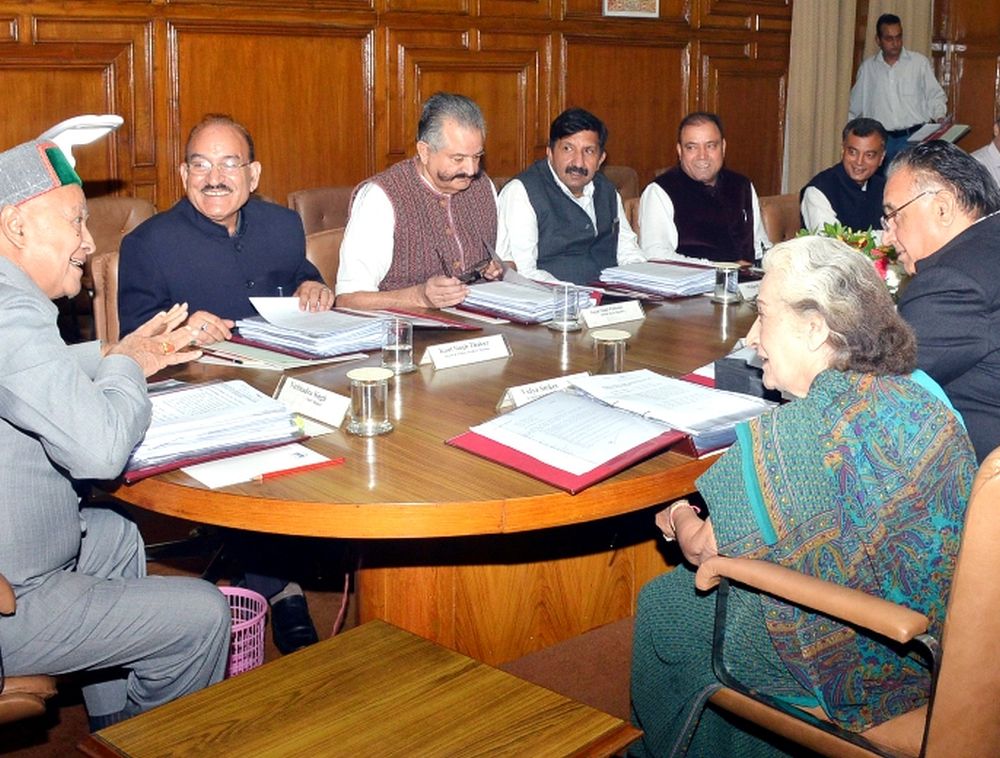In a groundbreaking move aimed at transforming agriculture in Himachal Pradesh, the government has launched two ambitious initiatives, “Him Unnati” and the Himachal Pradesh Subtropical Horticulture, Irrigation & Value Addition (HPSHIVA) Project. These visionary schemes are set to redefine the agricultural landscape of the state and uplift the socio-economic conditions of farming communities.
Chief Minister Sukhvinder Singh Sukhu emphasized that “Him Unnati” heralds a new era of integrated and comprehensive agriculture development. By adopting an area-based, cluster-oriented approach, the scheme will facilitate targeted growth strategies tailored to local climate, geography and soil conditions. With a budget of Rs. 150 crore allocated for the initial phase, “Him Unnati” will focus on clusters specializing in milk production, pulses, millets, vegetables, fruits, flowers, cash crops and natural farming. Over the next five years, a total of 2,600 clusters will be developed, with 51 clusters identified for the Kharif cropping season and 286 clusters for the upcoming Rabi season.
In parallel, the state government is taking significant strides towards realizing its vision of making Himachal Pradesh a “fruit state” through the HPSHIVA Project. With an investment of Rs. 1,292 crore, the project aims to harness the favourable agro-climatic conditions of the state, focusing on sub-tropical regions across seven districts. The Asian Development Bank will contribute Rs. 1,030 crore, with an additional Rs. 262 crore funded by the state government.
The HPSHIVA Project adopts a “One Crop One Cluster” approach, targeting fruits such as oranges, guavas, pomegranates, and more. Private landowners will be encouraged to participate, with plans to develop 6,000 hectares of land across 28 Development Blocks. The project also includes the planting of one crore saplings, enabling increased fruit production while minimizing post-harvest losses through the establishment of a robust value chain infrastructure. Approximately 15,000 agro-horticulture-based families are expected to benefit from this project.
To ensure market connectivity and maximize the value of agricultural produce, the “Beej Se Bazar” concept will be implemented, integrating scientific and commercial agriculture techniques. Market demands for 14 identified fruits and crops have been studied, and various components of their value chains have been carefully considered.




